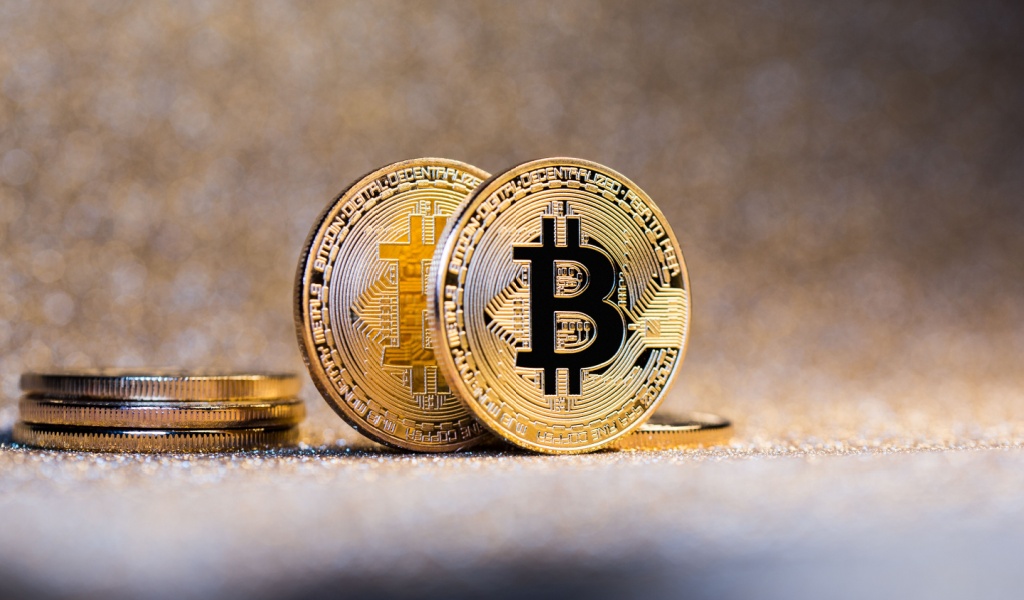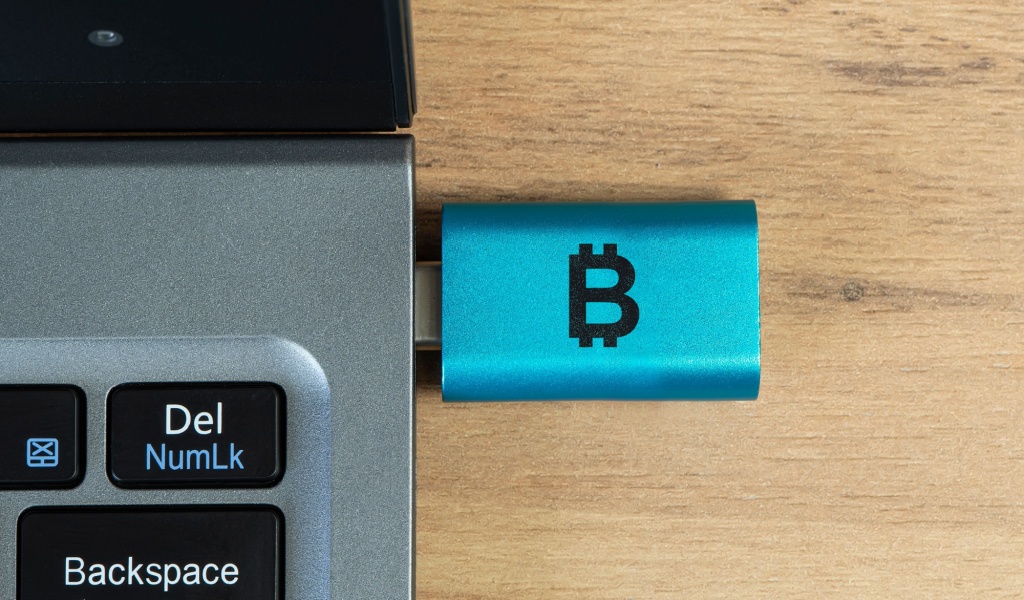Cryptocurrency investments are not only rather complex but also high-risk. However, given its benefits, crypto use is growing rapidly among middle-and lower-income countries. It is a great option for investing, preserving savings, sending remittances, and substituting for financial services when they are difficult to access.

Given its popularity, many products and services have been introduced to make it more convenient for users. However, this has also raised concerns about increased thefts and hacks. In fact, according to the annual analysis of cryptocurrency theft in 2022, the total recorded value of crypto stolen was a staggering $3.8 billion. It decreased substantially the following year, but it still helps to be aware of the safe ways of storing cryptocurrency.
The cryptocurrency market is also quite volatile, further increasing the number of fraudulent activities. So, if you have already invested in cryptocurrency or hope to do so in the future, you have to obtain the correct financial advice and only invest in what you can afford to lose.
It’s also equally important to understand the safest way to store your digital currency because, believe it or not, it can be even more vulnerable to theft than physical money. So, let’s understand how to safely store your cryptocurrency in 2024. Remember, no storage method is entirely secure, but listed below are some of the safest options available.
Crypto Exchanges
These online platforms allow traders to purchase and sell digital currencies in exchange for crypto tokens, cash, or fiat currencies. Users can create an account and add funds to trade their investment to purchase cryptocurrencies like Bitcoin, trade crypto tokens, or get the value of their return in cash to their respective bank account.
There are namely two types of crypto exchanges:
1. CEX (Centralized Crypto Exchange)
Essentially, a CEX functions similarly to a bank, where traders can conduct transactions or store their digital assets. The CEX is given complete control, including access to the private key. Therefore, it is known as a custodial wallet since users don’t have access to private keys.
Many investors use this due to the advantages it offers. For one, it requires very little work on the user’s part. Secondly, since the crypto is stored in your account, it’s easier to access if you wish to trade it. Thirdly, there is no fear of losing your crypto wallet; so long as you can access your account, you can also access your crypto.
However, you should remember that with this option, a third party controls your crypto, so you have to trust that it won’t lock you out of your account. So, if you want to stick to this option, ensure your chosen platform is known for its high-security standards.
2. DEX (Decentralized Crypto Exchange)
A DEX leverages blockchain technology to add security to user trading. It eliminates third parties and allows buyers and sellers to trade crypto tokens directly without using fiat currencies or cash. DEXs are known as non-custodial or self-custodial wallets because they give users total control of their private keys.

Hot Wallet Storage
Hot wallets are applications used to send, receive, store, and monitor cryptocurrencies online. They are typically available on mobile apps and desktops and function like online banking. Users simply need to be connected online to access their crypto wallet.
Hot wallets are almost always free and give users control over their crypto. They’re also easy to use, and with this type of wallet, users can quickly send and receive crypto. Similar to hardware wallets, hot wallets have a recovery phrase, and you can use this to get your crypto back if you lose access to the hot wallet.
However, hot wallets have a disadvantage: because they store crypto online, they also carry the risk of being hacked. The odds of this happening are relatively low, but it’s a risk worth considering.
Cold Wallet Storage
Cold wallets are offline crypto wallets. Since they are not connected to the internet, there is much less risk of them being compromised. There are many ways of cold wallet storage, and the most common one is a hardware wallet. These are small devices that connect to your computer and store cryptocurrency. Users connect to the internet only when sending and receiving cryptocurrency, but otherwise, the funds are all offline.
Each hardware wallet can store specific types of cryptocurrencies. While some can store over 1000, others can only store a smaller number, like Bitcoin. Hardware wallets have a recovery phrase that allows you to recover your cryptocurrency if you lose the device. Therefore, they must be kept safe because if anybody takes it, they can also take your crypto.
Offline crypto storage is considered the safest option from a security standpoint, so a cold wallet is an excellent investment for large amounts of cryptocurrencies. However, the disadvantage is the lack of convenience; the process is more time-consuming since you need to connect your cold wallet to move crypto.
Paper Wallets
These are a type of cold storage and are a straightforward and efficient way to protect cryptocurrencies. Users receive cryptocurrencies by using the public keys with a paper wallet, and to send crypto, they would have to scan the public and private keys. By printing the public and private keys on paper, online hacking risks are eliminated, thereby offering higher security.
However, the challenge is how easily a paper wallet can get lost or damaged. It’s also the least user-friendly cryptocurrency storage option, but it can be a good option if you’re looking for a cheaper alternative.
Bottom Line
One can never stress enough the importance of keeping your cryptocurrencies safe. Similar to how you would protect physical cash, you need to be certain that your choice storage for cryptocurrencies is safe and convenient. Before you decide how and where to store them, consider the risks, ease of use, and what you need them for. Cryptocurrencies demand a multifaceted approach since phishing attempts and scams are very common. Diversify your storage methods and stay updated on security protocols and threats. By doing so, you can protect your cryptocurrencies from theft, unauthorized access, and loss.



